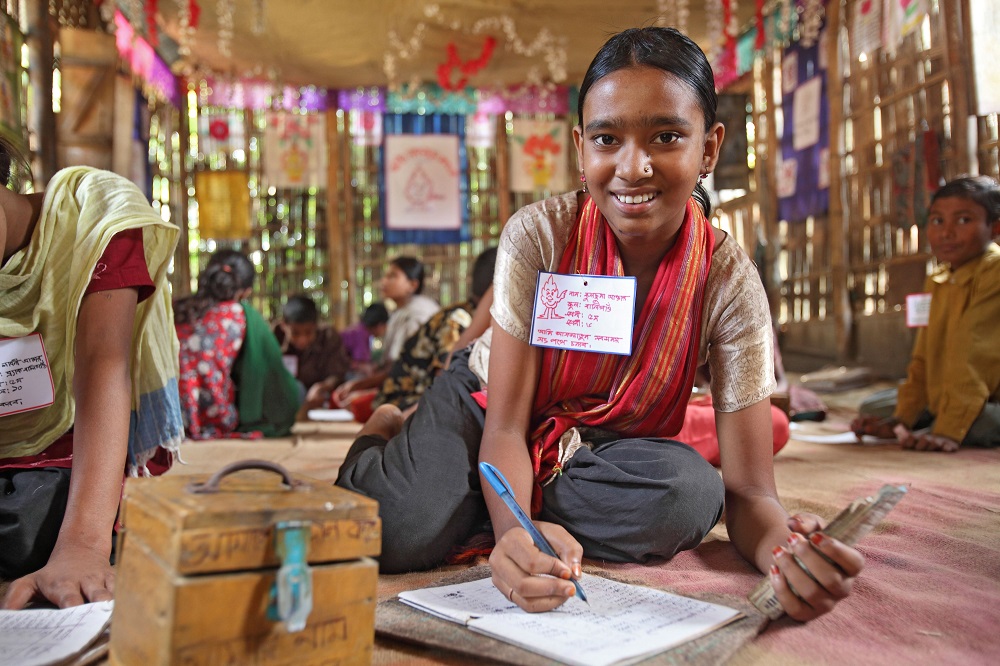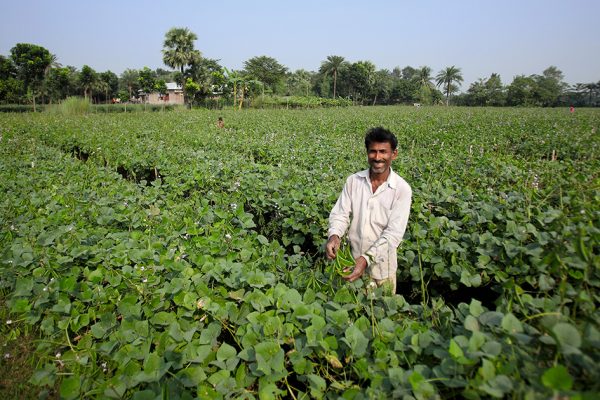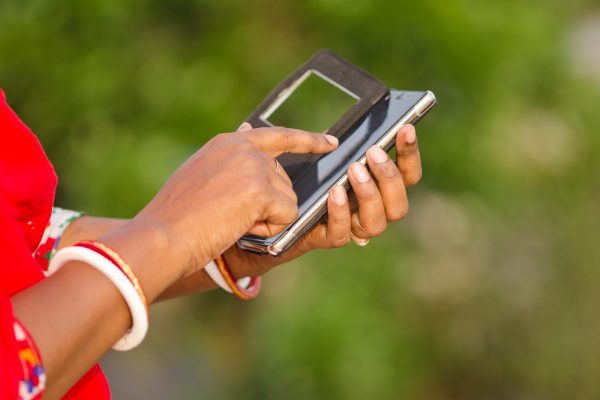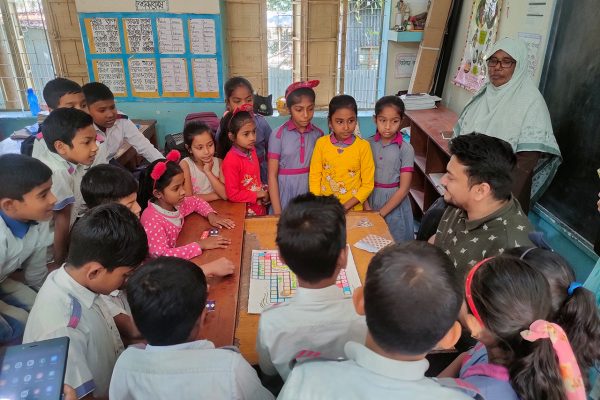Youth building a world of savers, peer-by-peer
Reading Time: 2 minutes
“The global financial crisis has turned us into a world of savers,” The Washington Post reported recently. “Including the poorest among us.” Of course people all throughout history, in every culture, have found ways to store away money for a rainy day. The difference today is the growing access to more organized, safer ways to save money. Access is not the same as adoption, however. For the poor to adopt new savings tools, requires, as the story notes, “building the trust of the poor, penny by penny,” which can be very slow. It shouldn’t surprise you to learn that

Kulsum is twelve years old. She is a grade V student of BRAC primary school. She lives in Baligaon village in Moulovibazar district, Bangladesh. In partnership with Aflatoun, BRAC teaches children like Kulsum how to save money and how to maintain proper financial records. (Photo: BRAC)
“The global financial crisis has turned us into a world of savers,” The Washington Post reported recently. “Including the poorest among us.” Of course people all throughout history, in every culture, have found ways to store away money for a rainy day. The difference today is the growing access to more organized, safer ways to save money. Access is not the same as adoption, however. For the poor to adopt new savings tools, requires, as the story notes, “building the trust of the poor, penny by penny,” which can be very slow. It shouldn’t surprise you to learn that the poor are extremely careful with their money, so new ideas like saving in some far-away, dis-embodied bank account can raise suspicions before hopes. One of the best antidotes to well-founded suspicions is making sure a few brave pioneers have the means and the opportunities to convince their peers of the benefits of new behaviors. This week is a great time to recognize the young pioneers of the world who are taking the brave step of opening up bank accounts around the world. It happens to be Global Money Week, organized by Child & Youth Finance International, with the goal of highlighting “financial inclusion and economic citizenship education for children and youth.” Pioneers like Poushi, a college student in Bangladesh who convinced three of her friends–including one a male several years older than her–to do as she did and open a bank account, to gain satisfaction from “the freedom that comes with having one’s own bank account and savings,” in her words. Or pioneers like Khaleda, who believes youth can gain self-dependence and not always rely on others when there is an emergency or money gets tight in the family. Khaleda can rattle off a list of 21 friends and family who also opened up accounts at BRAC Bank after she spoke with them about the benefits of a bank account last year. “It is my responsibility to get this information out to people,” Khaleda says. Or pioneers like Mitali, who despite not having any success (to her knowledge) convincing those around her that they should open a bank account as she did, has at least come to her own conclusion that the younger the better when it comes to the first time someone learns about the benefits of a bank account. You might think it silly to celebrate the benefits of bank accounts when such huge segments of the global financial system are in dire straits. But perhaps global finance continues to stumble and stagnate precisely because global finance became separated from its true purpose–providing everyone, from the richest to the poorest, youngest to oldest, with tools to build better lives for themselves, their families, and their communities.





